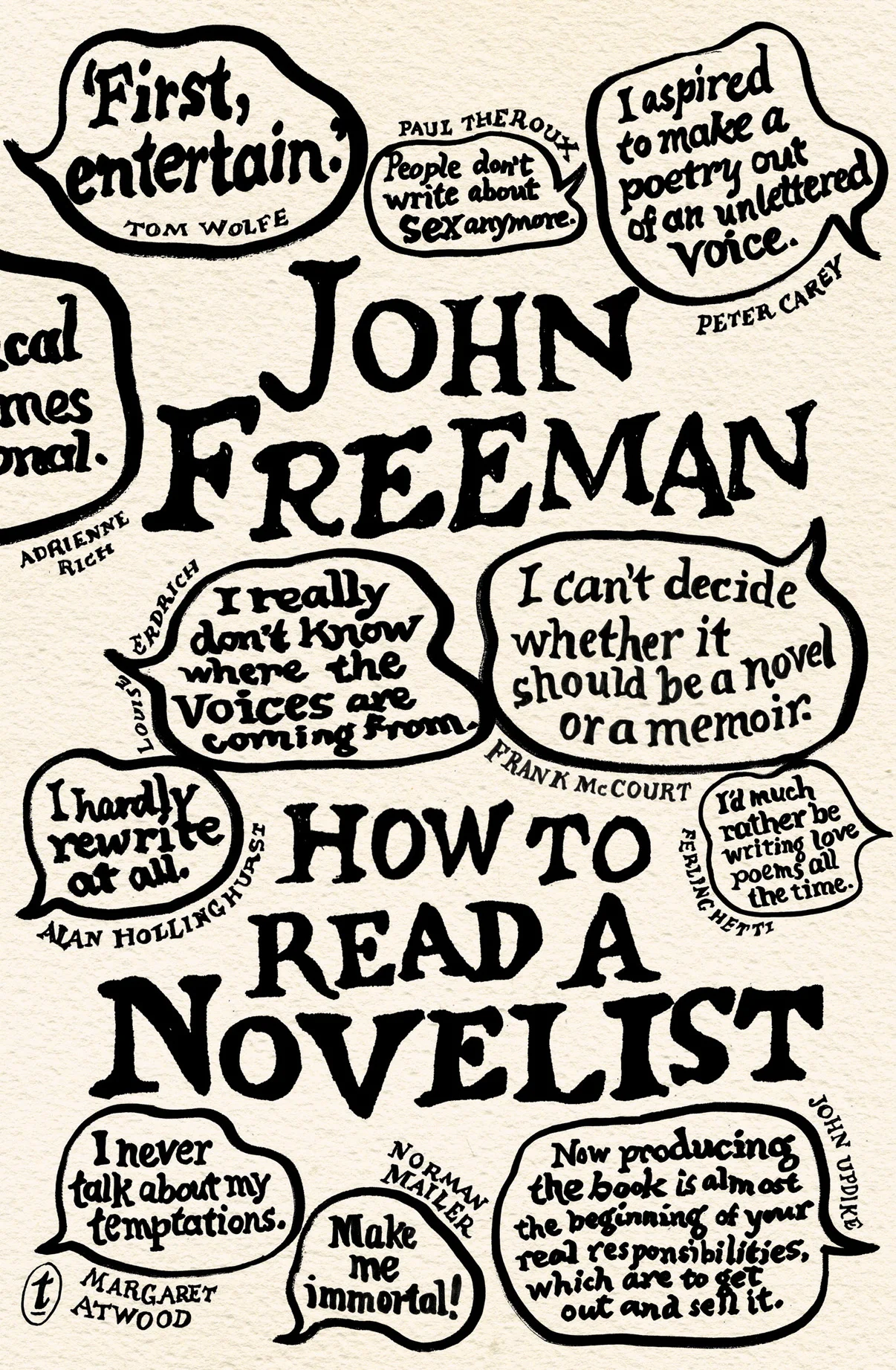Those familiar with Donald Antrim’s whimsical, feverishly cerebral novels should brace themselves: There are no postmodern flights of fancy to be found in his memoir. The Afterlife is a grounded and, well, sober attempt to make peace with the legacy of his mother’s debilitating alcoholism, which had reached “operatically suicidal” proportions by Antrim’s thirteenth birthday.
Read MoreThe literature of Los Angeles must discern shadows in the sunshine if it hopes to transcend mere entertainment. Héctor Tobar knows this.
Read MoreMickey Foote is pissed. The razor-tongued ex-producer of the Clash is telling me how Trump
hoodwinked his country.
This piece is also a special exhibition at The Center for Fiction, NYC.
Read More"I don't want anyone to die in my stories anymore," begins a story in David Means's previous collection, Assorted Fire Events. It's an arresting moment, when Means wipes off the greasepaint and squints in the klieg lights, laying bare his intentions—or his plaintive wish.
Read MoreThere I was at the Chelsea Flea Market, rummaging through a box of paperbacks. Most of them were bad, of course, but then there was that one. Faux-leather, palm-sized. Grayish words stamped on the outside that once were yellow? orange?
Read MoreWhen I meet with John Freeman to discuss his new book, How to Read a Novelist, he is in the middle of moving. The wood-planked floors groan under the weight of books, thousands of them stowed in boxes stacked nearly to the ceiling.
Read MoreAs the US presidential election draws near, these letters are an astonishing testament to the solidarity perfect strangers can exhibit when battling a tyrant.
Read MoreI met with Rebecca Miller on a recent chilly afternoon in New York to talk about her ambitious new novel, Jacob's Folly (Farrar, Strauss & Giroux). Her previous books include a story collection, Personal Velocity, and a novel, The Private Lives of Pippa Lee; she also wrote and directed the films based on these books.
Read MoreIn 1939, wondering how Russia would react to the expanding war, Winston Churchill memorably stated: It is a riddle, wrapped in a mystery, inside an enigma. This is an apt description of Hystopia, David Means’s long-awaited novel about Vietnam.
Read MoreThat a chemist figures prominently in Andrea Barrett’s new novel, The Air We Breathe, will come as no surprise to those familiar with her fiction. Over the past decade, Barrett has produced a novel and two story collections that dramatize an abiding fascination with scientists in late-nineteenth- and early-twentieth century milieus.
Read MoreIt's not often that someone grabs you by the lapels and tells you that you must, absolutely must read a particular book. Not in my experience anyway. Usually my friends' recommendations come with their fair share of disclaimers and qualifications, the sort of hedging we all engage in simply because we know that one person's dog-eared treasure is another's doorstop.
Read MoreDaphne Beal’s first book might be considered an exemplar of what Edmund White recently characterized as the “Peace Corps novel,” in which a “young, privileged American” travels to another country and is transformed by the experience. “I wanted to come home different from what I’d been—bolder, wiser, happier,” insists the narrator of In the Land of No Right Angles, recounting her peregrinations through Nepal and India.
Read MoreBeginning with the publication in 1979 of her startling debut, Lithium for Medea, Kate Braverman has produced a daring body of work that strips bare the myth of glitzy Los Angeles to expose its decidedly unglamorous underbelly. Like the dystopian fiction of Nathanael West and John Fante, Braverman's short stories and novels dramatize the plight of outcasts straddling fault lines, one step from ruin.
Read More











